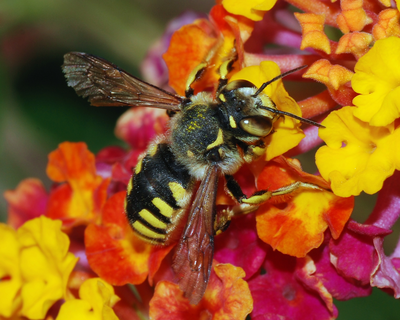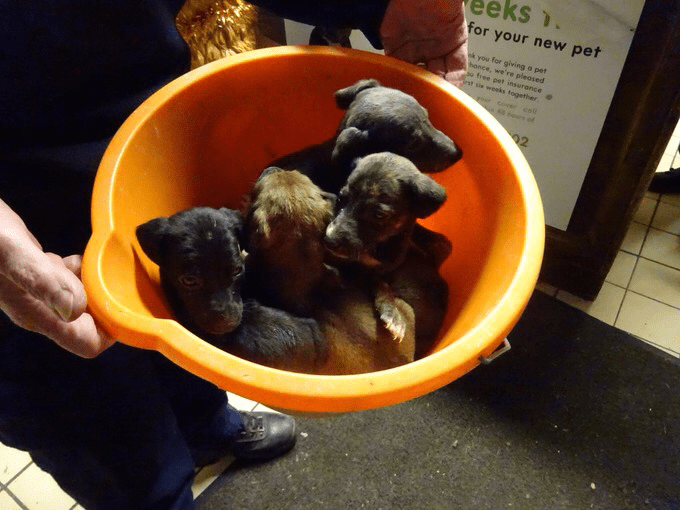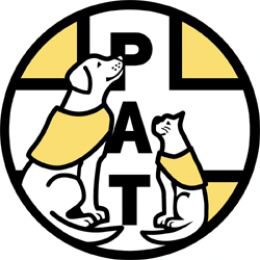|
Reading that a lurcher dog has been "found "confused and frightened" after apparently being abandoned outside a house in Peterborough" makes me wonder about the proud claim that "we are a nation of animal lovers." The U.K. may have a better relationship with its animals than some countries but scratch the surface and you wonder if that is really true. Jessie, our late girl above, came to us on a temporary basis after she was abandoned. Aged around nine months she was left tied to a tree in the garden of her former home when her owners moved house. Jessie was in some ways one of the lucky ones. Local dog rescue workers lived close by and her former owners knew that. She was not unscathed however from her early life experiences. On the upside she lived with us more than 14 years, yes I know what happened to temporary, before she sadly died. Blind in later life she remained one of the sweetest-natured dogs we have ever had the pleasure of sharing our home with. If you can help the RSPCA track down the person who abandoned the lurcher at the start of this story: Sky News There could be many reasons why the dog was abandoned.
But if you find you can no longer care properly for your pet abandoning should not be an option you even consider. As for a nation of animal lovers - is that really a description that is fit for purpose in 2017? Give a lurcher a home SOS http://www.bbc.co.uk/news/uk-england-surrey-3840430 http://www.dailymail.co.uk/news/article-3391751/Abandoned-lurcher-puppy-weighed-just-three-kilos-barely-stand-roadside-finally-finds-new-home.html
0 Comments
In the early 1800's, when the RSPCA was founded, cruelty was a way of life for many people.
With man's inhumanity to man resulting in the dreadful treatment of children, women, the sick and the infirm animals were way down the list of those needing help. True poverty was evident wherever you looked and reforms were needed in many areas. Thankfully some individuals were striving to help mistreated animals. After a couple of failed attempts to set up a society to help animals finally a meeting of like-minded individuals resulted in the formation of the RSPCA in England. It was 1824. A Member of Parliament, who was one of the original founders of the RSPCA, successfully presented an anti-animal cruelty bill to parliament in 1824 and this gave the SPCA some teeth. This society was not awarded the title of RSPCA, Royal, until 1840 by which time the society had proved its worth over and over again. In those first sixteen years the amount of prosecutions for animal cruelty showed the British public just how severe the problem was. So it was that Queen Victoria was proud to be the first Royal to have an association with the RSPCA. With a solitary inspector, initially, only covering the area of London the work was hard. By 1842 many other towns and areas had heard of the work being done by the RSPCA and wanted their own inspector and branch of the society. These early branches relied entirely on charitable money and volunteers and dealt with just as many farm animals as those we think of these days as domesticated ones. In 1950's England the RSPCA still saw and dealt with many cases of animal cruelty but nowhere near as many as today. In an England that has seen an increase in some poverty, crime and violence unfortunately animal cruelty regularly hits the headlines these days. In fact it is now so common place, and accepted, that it does not make the headlines so often, as it does not even make the papers much of the time. It would seem that we have gone full circle from those early days in 1824. However, the difference these days is that we are better educated, not as poor on the whole and have legislation against animal cruelty and neglect. The regional branches of the RSPCA in England today are all separately funded on a charitable basis. Each one however is run under the rules of the RSPCA. There are also RSPCA clinics, welfare centres and shops around the country. Our local RSPCA does not offer medical treatment for animals but some do. Locally we have a branch of the PDSA, People's Dispensary for Sick Animals, which offers free treatment for animals whose owners have low incomes. However, such has been the abuse of this charity that our local PDSA will only deal with pet owners who can prove their poor income by such items as benefit books. Of course the PDSA welcomes donations from those pets owners who use this service but unfortunately does not often receive them. Our local RSPCA has struggled in recent years to keep its head above water. They have been actively seeking help and donations and constantly find that there are more animals needing re-homing than they can deal with. RSPCA inspectors are always busy investigating claims of animal maltreatment and neglect. RSPCA branches in more middle class areas will probably receive more donations and see less maltreatment but that is not a fact just a supposition, which could be wrong. Inspectors do not have as many powers as you may think and will usually operate with law enforcers such as the police and magistrates. At present Queen Elizabeth II is the patron of the RSPCA in England. It is one of the largest charities in the UK and the largest animal charity here. There are many forms of the RSPCA around the world, especially in the once colonial countries of Australia and New Zealand. Other countries such as America have their own society but without the Royal status. This does not matter though as their work is just as invaluable. The RSPCA relies heavily on volunteers for a myriad of jobs. However it needs, and employs, workers also such as Veterinarian staff and inspectors. Each branch has a Chief Inspector and logistically a few branches will be clumped together with a Superintendent at the helm. There is a National Control Centre and National Headquarters which respond to urgent calls, offer training and house the RSPCA's Executives and Directors. All in all it is a vast society. The RSPCA is a registered charity (no. 219099) and it receives no lottery or government funding. Please help them whenever you can as it would be a sorry day if this society folded. Christmas 2016; http://www.standard.co.uk/news/uk/rspca-investigate-brutal-trap-which-killed-fox-with-horrendous-injuries-in-east-london-a3425106.html http://www.itv.com/news/london/2016-12-22/six-poorly-puppies-dumped-in-a-bucket-on-a-doorstep/ |
Archives
September 2018
Categories
All
|











 RSS Feed
RSS Feed




